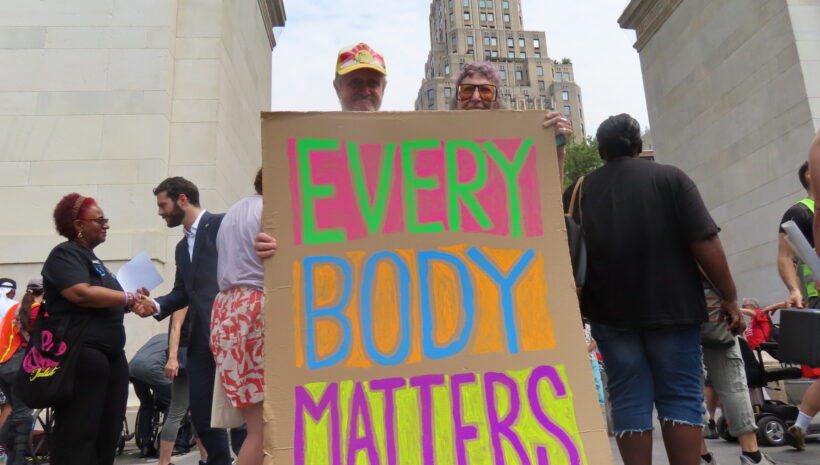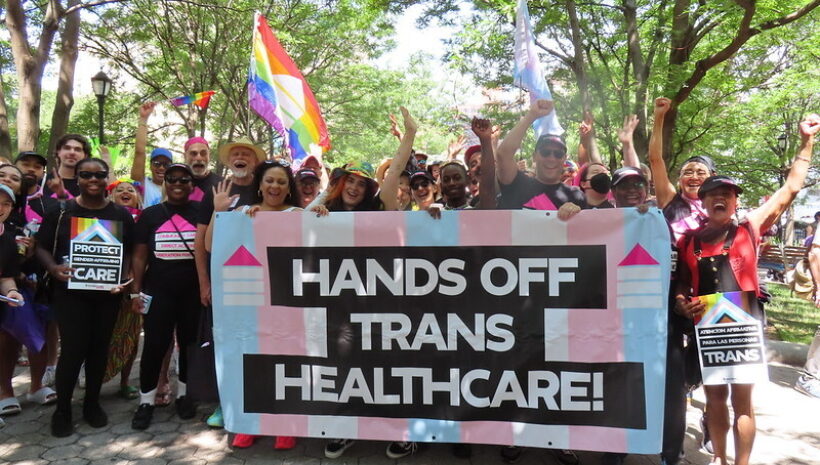Nearly three months since Hurricane Sandy hit New York City and displaced hundreds, perhaps thousands of residents, a recent investigation found that the city has been using FEMA emergency assistance cash to put the displaced in single-room occupancy (SROs) units and buildings with an exorbitant amount of housing violations, safety, and health issues.
In a revealing report by the New York Daily News, there are at least 800 Sandy-displaced households that are living in 50 hotels or single-room occupancy units (SRO) across NY in horrific—and in many cases—illegal conditions.
One man, Antonio Ramirez, who was placed in the SRO at 1038 Faile Street in Bronx, noted that his apartment—or rather the apartment he was placed in—doesn’t have a smoke detector and that the building is infested with cockroaches. What’s more, the building isn’t even registered with the city’s Housing Preservation and Development Department as required by law, and coupled with a “sister SRO” building two doors down, has 45 open housing code violations.
In addition, people are also being housed at the Park Avenue Hotel in East Harlem, but Sandy-displaced residents say that the hotel isn’t safe. One resident said that he hears fistfights and arguments in the hotel’s hallways and tries to keep to himself. The Park Avenue Hotel has at least 10 housing code violations.
As horrific and shocking as these housing conditions are, all too often this is the only housing made available to people living with HIV/AIDS.
Under HASA, people living with HIV/AIDS are only left with $376 per month to live on each month, all remaining SSD must be paid toward rent.
This factors out to be $12.36 per day to pay for expenses (utilities, phone, prescriptions and physician co-pays, bath soap, laundry soap, winter clothes, etc).
James Lister, VOCAL NY member, activist, and general renegade, notes that he pays 71% of his SSD benefits toward rent, which leaves him with precious little income for the rest of each month. While James is just able make his ends meet, he knows of far too many HASA clients that simply “give up” or are priced out of their homes, which leads to eviction and placement in roach-infested hotels and SROs.
And while he’s not a gambler, James would bet that the buildings in the Daily News article are the same buildings that are listed on HASA’s temporary housing list.
Bloomberg’s Sandy Recovery office spokesperson, Peter Spencer, claims that the city has only received a handful of complaints about the SROs and the temporary housing facilities. “All those locations have been determined to be safe and the city continues to provide case management services to address any issues that arise and to get them to a permanent housing solution as quickly as possible.”
But these statements are clearly political fluff when you step back and consider the city’s underhanded support of the thousands of SROs across the city.
Indeed, while city officials continue to promise to withhold funding and fine the slumlords running these SROs, incidents such as the housing of Sandy-displaced show their true colors and complete disinterest in truly closing SROs across the city.
For more on the need for the 30% rent cap for people living with HIV/AIDS, please visit Housing Works’ Advocacy page.




